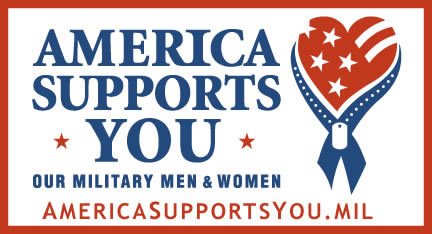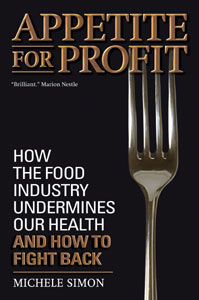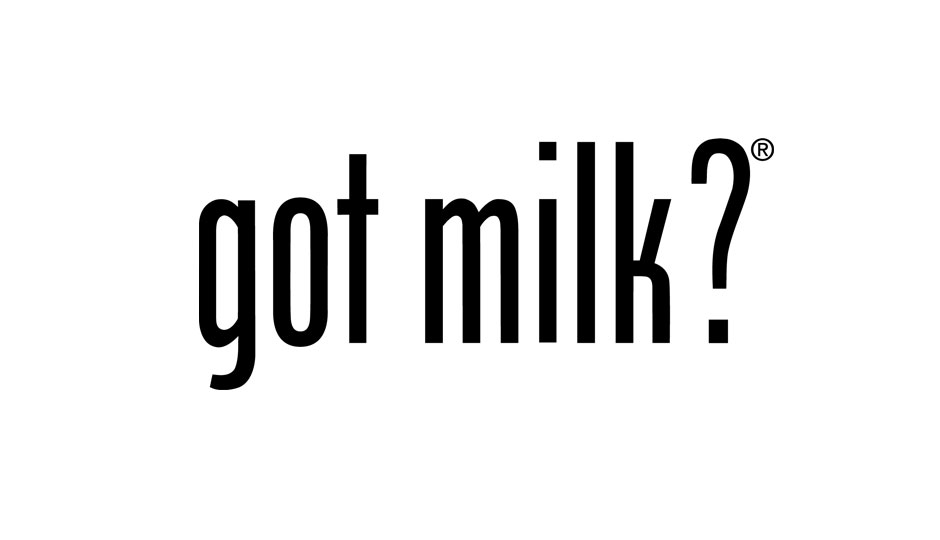Pepsi's Dean
Submitted by Bob Burton on


Submitted by Bob Burton on

Submitted by Diane Farsetta on
The U.S. Center for the Evaluation of Risks to Human Reproduction "was established within the National Institutes of Health to assess the dangers of chemicals and help determine which ones should be regulated," reports Marla Cone. "But much of the agency's work has been conducted by a private consulting company ...
Submitted by Bob Burton on
Submitted by Diane Farsetta on
 "Soldiers at Walter Reed Army Medical Center's Medical Hold Unit say they have been told they will wake up at 6 a.m. every morning and have their rooms ready for inspection at 7 a.m., and that they must not speak to the media," reports Kelly Kennedy.
"Soldiers at Walter Reed Army Medical Center's Medical Hold Unit say they have been told they will wake up at 6 a.m. every morning and have their rooms ready for inspection at 7 a.m., and that they must not speak to the media," reports Kelly Kennedy.
Submitted by Diane Farsetta on
As had previously been shown with "heart, stroke and bone marrow cancer research," a review by medical researchers found that "breast cancer studies funded by drug companies are more likely to yield positive findings than those without pharmaceutical industry backing." Researchers at the University of North Carolina "looked at 140 studies published in 2003, 1998 and 1993 in 10 medical journals on breast cancer therapies, nearly half of which were deemed to have had drug company involvement in the for
 In December 2006, I interviewed author Michele Simon about her book, "Appetite for Profit: How the Food Industry Undermines our Health and How to Fight Back." The excerpts below are from that original interview, which took place on WORT, community radio in Madison, Wisconsin. For more information on Michele and her work, please visit her website.
In December 2006, I interviewed author Michele Simon about her book, "Appetite for Profit: How the Food Industry Undermines our Health and How to Fight Back." The excerpts below are from that original interview, which took place on WORT, community radio in Madison, Wisconsin. For more information on Michele and her work, please visit her website.
Judith Siers-Poisson (JSP): How did you personally become so involved and interested in food politics?
Michele Simon (MS): It started about 10 years ago when I was struggling with my own weight and turned to a vegetarian diet and, lo and behold, I lost the weight I was struggling with. And then, from there, I started to learn all of the other ways our diet impacts our own health, in addition to the environment, animal welfare, and labor, and so many aspects of society -- I was just amazed at how much was impacted by those food choices.
Submitted by Bob Burton on
The British Medical Journal reports that the director of the World Health Organization's (WHO's) department of mental health and substance abuse, Benedetto Saraceno, proposed in an e-mail that the European Parkinson's Disease Association accept a $10,000 grant from GlaxoSmithKline (GSK) and pass it on to the UN agency. WHO has a policy that it doesn't accept contributions from drug companies.
Submitted by Bob Burton on
 The Coca-Cola Company has terminated a 15-year long working relationship with the global PR firm Weber Shandwick. The makers of Coke objected to the PR firm helping run a campaign for the Milk Processors Education Program (MilkPEP), a project funded by dairy companies.
The Coca-Cola Company has terminated a 15-year long working relationship with the global PR firm Weber Shandwick. The makers of Coke objected to the PR firm helping run a campaign for the Milk Processors Education Program (MilkPEP), a project funded by dairy companies.
Submitted by Jonathan Rosenblum on
Kids' vinyl lunch boxes often contain dangerous levels of lead, but government regulators have released to the public only the test results most favorable to industry, according to documents the Associated Press obtained under a Freedom of Information Act request. The Consumer Product Safety Commission found that 20 percent of boxes tested in 2005 contained unsafe amounts of lead--and several contained more than 10 times the safety level.
Submitted by Jonathan Rosenblum on
A coalition of academics, advocates and foundations has called for strict limits on conflict-ridden, "direct-to-physician" marketing campaigns by pharmaceutical companies. A typical campaign provides free samples to doctors, accompanied by free lunches for office staff and doctors, while some also sponsor speaker's bureaus and provide gifts and junkets.
Center for Media and Democracy (CMD)
520 University Ave, Ste 305 • Madison, WI 53703 • (608) 260-9713
CMD is a 501(c)(3) tax-exempt non-profit.
© 1993-2025